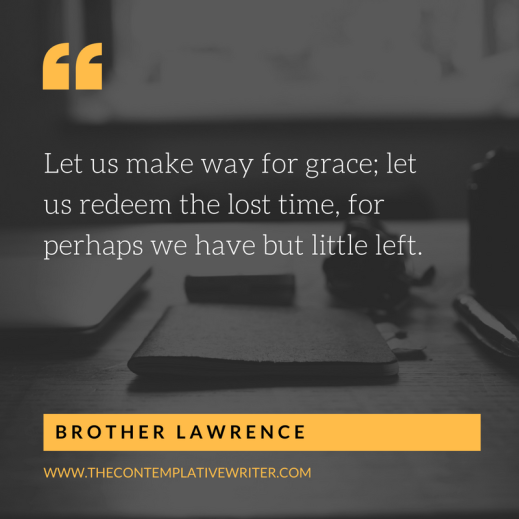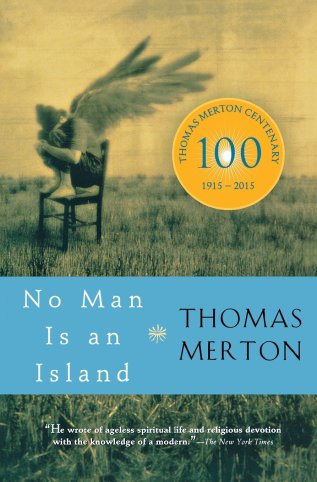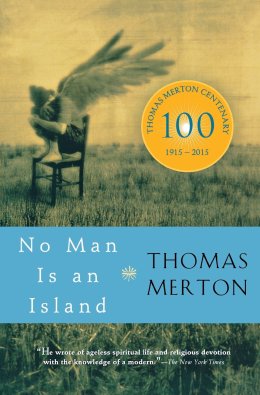Week 3: Press On

This is our last week reading The Practice of the Presence of God by Brother Lawrence, the seventeenth-century lay Carmelite. Brother Lawrence advocates practicing what he calls a continual conversation with God. The last two weeks, we’ve looked at what this practice entails and Brother Lawrence’s thoughts on leading an integrated life.
Brother Lawrence admits that sometimes, “practicing the presence” is not easy. He says that for ten years he found it extraordinarily difficult.
I must tell you that for the first ten years I suffered much. The apprehension that I was not devoted to God as I wished to be, my past sin always present to mind, and the great unmerited favors which God did me, were the matter and source of my sufferings. During this time I fell often, and rose again presently.
I appreciate his candor, because I find consistently practicing any spiritual discipline to be fairly difficult.
In his letters, Brother Lawrence gives advice similar to medieval mystics like the author of the Cloud of Unknowing. When our mind wanders or we experience other difficulties practicing the presence of God, we simply and gently return. God is always there, waiting.
About a member of his society, Brother Lawrence writes (I believe he might be talking about himself here):
If sometimes he is a little too much absent from that divine presence, God presently makes Himself to be felt in his soul to recall him, which often happens when he is most engaged in his outward business. He answers with exact fidelity to these inward drawings…
***
To someone struggling with wandering thoughts during prayer, Brother Lawrence writes:
You tell me nothing new; you are not the only one that is troubled with wandering thoughts.
I believe one remedy for this is to confess our faults and to humble ourselves before God. I do not advise you to use multiplicity of words in prayer, many words and long discourses being often the occasions of wandering.
***
If [your mind] sometimes wander and withdraw itself from Him, do not much disquiet yourself for that: trouble and disquiet serve rather to distract the mind than to recollect it; the will must bring it back in tranquility. If you persevere in this manner, God will have pity on you.
***
Brother Lawrence urges us to take heart, press on, and keep on this spiritual road.
Let us make way for grace; let us redeem the lost time, for perhaps we have but little left . . . I say again, let us enter into ourselves. The time presses, there is no room for delay; our souls are at stake.
Let us encourage one another this week, for the spiritual road is not always easy. Let us take heart and press on, friends!
***
The Practice of the Presence of God consists of the letters of Brother Lawrence, some of his Maxims, and four conversations with him as recorded by a contemporary, Abbe de Beaufort. You can read them here (other editions are widely available).
***
For Reflection:














 Week 2: Christian Renunciation
Week 2: Christian Renunciation


 In our final week of
In our final week of